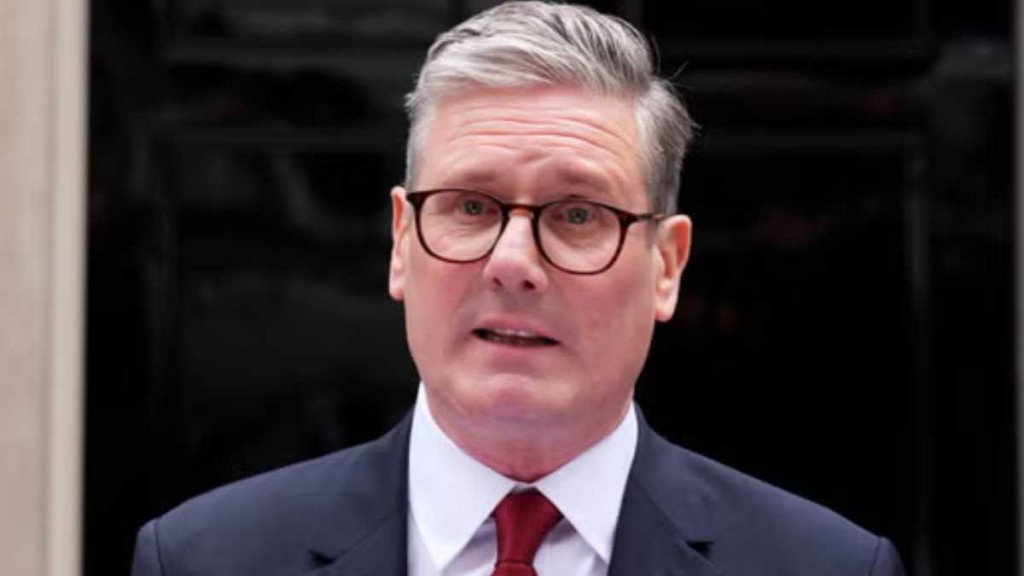The UK government has recently unveiled a substantial £22 billion financial shortfall in the nation’s public finances, a figure it claims to have inherited from the previous Conservative administration. This revelation has led to significant budgetary cuts and heightened economic scrutiny.
The £22 billion deficit was disclosed in a Treasury audit published at the end of July, shortly after Labour took office. The audit highlighted several areas of overspend, including public sector wage increases, unplanned expenses related to the asylum system, and military aid to Ukraine. The figure has been used by ministers to justify a reduction in winter fuel payments and other fiscal measures.
In response to the shortfall, Chancellor Rachel Reeves has introduced several cost-saving measures. These include ending winter fuel payments for those not receiving pension credit, cancelling infrastructure projects such as the proposed Stonehenge road tunnel, and scrapping a planned cap on social care charges set for October 2025.
The Labour government argues that while some financial pressures were unexpected, others should have been anticipated. For instance, the Institute for Fiscal Studies (IFS) acknowledges that the estimated £6.4 billion cost of supporting the asylum system was largely unfunded, as highlighted by Ms Reeves. The Office for Budget Responsibility (OBR), the government’s own fiscal watchdog, admitted it was not fully aware of the extent of overspending and is currently investigating the matter.
Despite Labour’s claims of unforeseen overspend, critics argue that certain financial pressures were foreseeable. Paul Johnson, Director of the IFS, suggests that while there might have been some unexpected figures, the overall financial landscape was consistent with pre-election forecasts.
The previous Conservative Chancellor, Jeremy Hunt, has dismissed the £22 billion shortfall as “spurious,” accusing Ms Reeves of using it as a pretext for potential tax increases. He contends that the actual financial situation is less dire than suggested.
A leaked letter from Simon Case, the UK’s top civil servant, indicated that the previous government’s failure to conduct a comprehensive spending review contributed to the financial uncertainty. Hunt responded, asserting that if the previous administration had provided inaccurate financial estimates, Labour’s claim of a £22 billion “black hole” would be unfounded.
The term “black hole” implies a sudden and unavoidable fiscal crisis, yet choices were made by the current government that could have been different. For instance, the decision to limit winter fuel payments and cancel infrastructure projects was based on strict fiscal rules imposed by the government. However, alternative decisions could have been made to address the budget shortfall.
Lucy Powell, Leader of the House of Commons, suggested that without these measures, the UK could have faced a severe economic downturn, similar to the market reaction following former Prime Minister Liz Truss’s mini-budget. However, some experts, like Nina Skero from the Centre for Economics and Business Research, argue that the risk of a currency collapse is speculative and not currently supported by investor sentiment.



